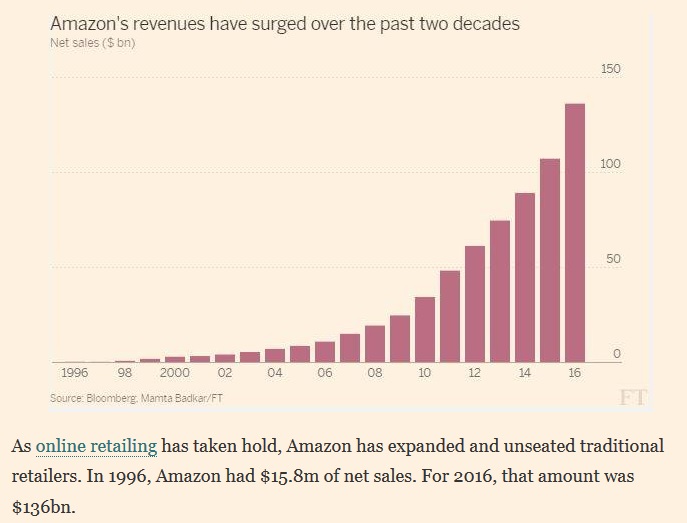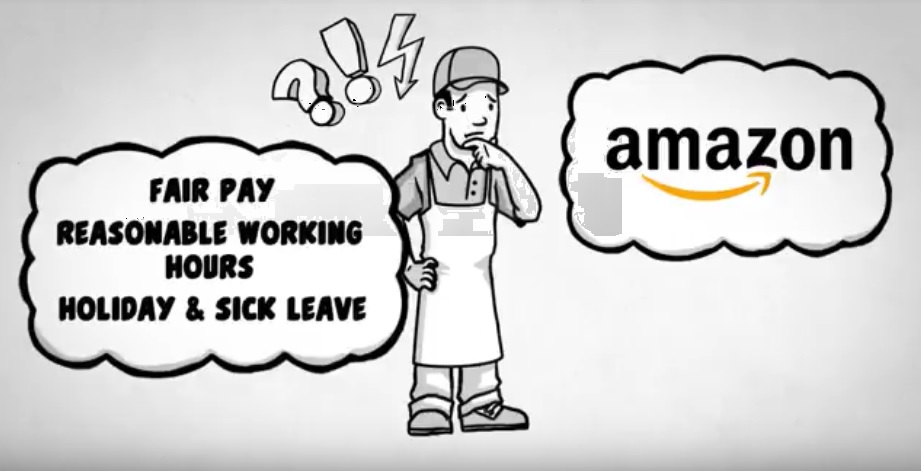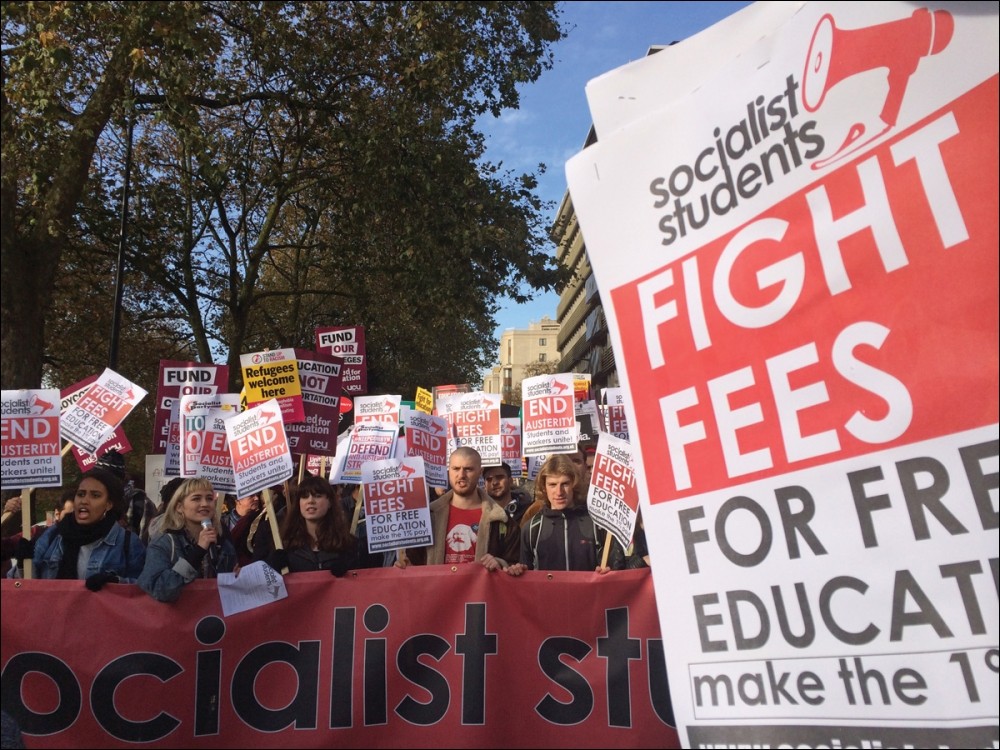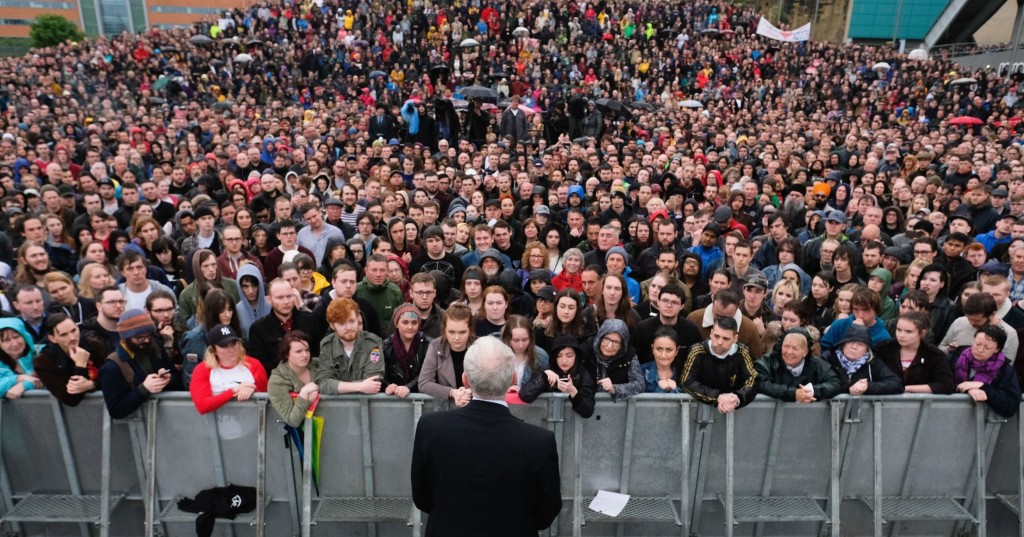This article has been written by an anonymous Socialist Party member
It isn’t news to anyone that the Tory government, and the previous coalition, have ruthlessly attacked the disabled in this country. The Tories continue to put the ‘n’ in cuts as support structures and welfare are stripped away from the most vulnerable in our society. Increased pressure on the disabled has led to multiple suicides, desperation, and increased reliance upon foodbanks and precarious contracts.
This article is titled ‘death by a thousand cuts’ as it is the cumulative effect of all the cuts and pressures that have led to the deaths of many disabled people. The austerity agenda, which creates far more debt than it will ever reduce, is a purely ideological attack, carried out by the wealthiest in our society against its poorest.
Poverty impacts the disabled disproportionately; in 2012/13 “24% of disabled people were living in poverty compared with 18% of those who were not disabled”. The Equality and Human Rights Commission, in their response to the UN Special Rapporteur on the rights of disabled people, was particularly telling. The EHRC stated:
“The Welfare Reform Act 2012 introduced reforms to the social security system in England, Scotland and Wales, which were implemented at the same time as reductions in local government budgets for adult social care. Local authorities’ total spending on adult social care fell 8% in real terms between 2010-11 and 2012-13 and is projected to continue falling.”
Furthermore, the creation of Personal Independence Payment, which replaces Disability Living Allowance, is likely to result in a loss of income for many disabled people. Six hundred thousand people who were entitled to DLA will not be eligible for PIP.
DLA money is used by the disabled to increase their independence paying for aids in the home, carers, extra transport costs, and Motability vehicles. These vehicles, which cost thousands to adapt for the disabled are increasingly being removed from people, severely limiting their independence, and also their ability to get to work.
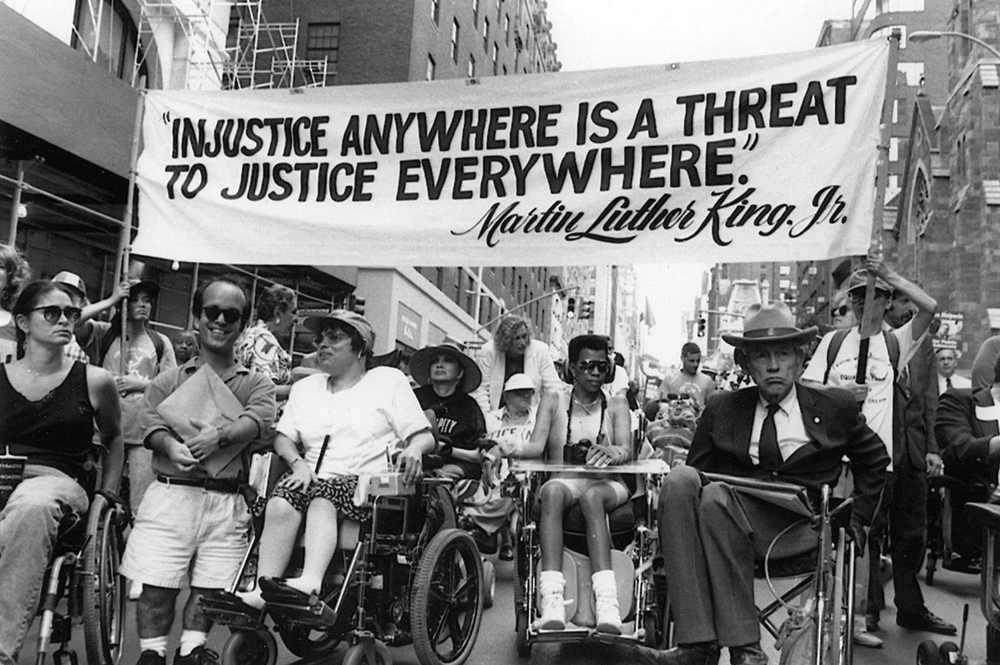
In one notable case a disabled person had her PIP money reduced, and so her car was removed from her, but a welfare to work programme then paid far more money to get her to work in a taxi. It is clear from just this one example that the government has very little foresight when it comes to supporting those who can work, and want to work.
It is important to make clear at this point that a great deal of medical evidence has to be provided to claim PIP. Increasingly the expert advice of GPs, specialist nurses and consultants is disregarded as more weight is placed on the short assessments carried out by so called medical specialists. This is particularly stark when making an application for Employment and Support Allowance; a benefit designed for those who are largely unable to work. In order to make a claim for this benefit you need a sick note, now renamed fit notes, which state you are unable to work. These are provided by people who know you and treat you and so know whether you are capable of work.
Support groups now inundated with desperate pleas for help
At my work capability assessment I was asked why I hadn’t killed myself by a nurse with no background in mental health nursing (I know this because I looked him up on the NMC). The assessment took twenty minutes and due to my anxiety I shut down, trembling, crying, sweating and nauseated, knowing that my financial security was in the hands of this complete stranger. When I told him that my mental health had deteriorated since the sudden death of my partner, that he had collapsed in front of me, and took his last breath, the nurse stated that he knew how I felt because he was there when his Mum died. I felt broken.
Although this is only my personal experience this is far from uncommon. Support groups for the disabled are inundated with desperate pleas for help from thousands of people who have found themselves in similar situations. This is despite huge funding cuts to these groups from government budgets.
After I was given zero points and declared fit for work I then had to claim Jobseekers Allowance. My work coach was completely unsympathetic to my health problems and forced me to attend daily group information sessions in a crowded room. This made me far more ill.
I asked for the DWP to look at the decision again, a process called Mandatory Reconsideration, and they agreed with the initial decision maker. This is hardly surprising considering that the DWP has a target of failing 80% of mandatory reconsiderations. The current rejection rate is 87% despite a success rate for claimants of 64% at tribunal. The added pressure of financial insecurity, when people are already battling their health problems and disabilities, is nothing other than an act of ruthless cruelty. Between 2011 and 2014 two thousand three hundred and eighty people died within six weeks of being found fit for work.
As disabled people suffer increasing financial pressures they are also disproportionately affected by cuts to the NHS. With 24 A&E departments set to close if the Tories are re-elected this will only get worse. Cuts to child and adolescent mental health services, bereavement charities, and adult mental health services are compounding problems.
When I advised my therapist that my mental health issues were becoming more acute she emailed me a phone number for The Samaritans and the number for a crisis team. This isn’t because she doesn’t care but because therapists working for the NHS, unsurprisingly, are under huge amounts of pressure.
Support for the mentally ill is increasingly put on the charitable sector including for veterans affected by PTSD and associated mental health difficulties. The NHS is being pushed to breaking point in order for private healthcare companies to move in on the NHS and fully privatise it.
Prior to the conservative government Education Health and Care Plans were paid for from NHS budgets. These are plans that are there to support disabled children in order to get the most out of their education. This now, in part, comes out of already severely stretched local authority funding.
It is thus harder for children to get the support that they need at school despite huge advances in pedagogical training for trainee teachers educating disabled children. It is interesting to note that companies with links to the Tories have won £1.5 billion pounds worth of contracts and Unite research found that 24 MPs and peers who backed so called health reforms have links to 15 private healthcare companies. It is also no secret that these companies contribute to Tory campaign funding. The Tories will always represent the wealthiest and their selfish interests. The average donation to them in the last few weeks is £60,000 compared to an average donation of £22 to the Labour Party.
However this is not to say that the Labour Party have clean hands when it comes to poor treatment of the disabled. It was them that instituted the Work Capability Assessment and very little was done while they were in power to reduce stigma towards the disabled. It is also clear though that only a Labour win will result in any relief from the dire circumstances many disabled people find themselves in.
A failure to force companies to make reasonable adjustments in the workplace mean that many disabled people who are perfectly capable of working find themselves unemployed. Of course within a capitalist system it is often not financially beneficial to companies to make adjustments for the disabled and as long as our economy is run to the benefit of capitalism inequality and poverty will only increase.
Manifesto promises that benefit the disabled
I will now turn to the Labour manifesto promises which will benefit the disabled. There are twelve million disabled people in this country, a huge percentage of the electorate, who will benefit from a Corbyn win.
A promise to repeal the hated bedroom tax, which has led to evictions of disabled people from their adapted homes, is a welcome measure. As is the commitment to parity of esteem for mental health issues with physical health. This is a promise also made recently by Theresa May, a statement by a woman with such a dreadful record that it would be laughable if it wasn’t so tragic.
Labour have also committed to an integration of health and social care, to offer disabled people a personal care plan, the option of personal budgets where appropriate, and a single named person to coordinate care. This last commitment is far more important than it initially appears. A common barrier to improving health is a lack of communication between various specialists. A single point of reference enables joint up thinking and improved health outcomes.
Labour have also vowed to overhaul the Work Capability Assessment, a barbaric process which deters people from claiming money that they are entitled to. They have also pledged to toughen up the law on disability hate crime although it is my personal belief that until the right wing media stops its demonization of the disabled then education rather than tougher sentencing is the key to reducing hate crime. They have also promised to listen more to disabled people and invite disabled people to sit on the cross-government committee that develops disability policy. It is remarkable, but sadly not unsurprising, that this isn’t already the case.
All of these commitments are impressive and seriously needed but until I did my research I had no idea about most of them. It is clear then that one of our aims as the Socialist Party must be to reach out to disabled people, inform them what Corbyn will do for them, and ultimately how socialism will drastically improve their quality of life. The message is not getting out enough. As previously mentioned there are twelve million disabled people in this country and they could have a huge impact upon the election. We must agitate, educate, and organise, that old-fashioned, but still relevant maxim.
Electing Corbyn is the start
Corbyn must be elected to prevent further privatisation of the NHS, to review and improve disability benefits, and to improve quality of life for the many not the few. However we must also look at the disabled with a long term view. Electing Corbyn is only a start and fundamentally until the working class and the disabled are organised, unionised, and enfranchised, we will continue to exist within a perpetual capitalist crisis.
As Marx himself stated within any economic system is the seed of its own downfall. That is shown by the failure of the capitalist class to work for the poor and disenfranchised and a refusal to listen or care. In conclusion I return to my title ‘death by a thousand cuts’. It is the cumulative impact of cuts across the board that exacerbate existing health problems, drive people to suicide, and exhaust the disabled. Real lasting benefits can only arise from serious social and economic change. In 2015 there were 30,000 ‘excess’ deaths according to The Royal Society of Medicine due to disinvestment in health and social care. This needs remedying. Capitalism is not the answer.
In their book The New Politics of Disablement Michael Oliver and Colin Barnes argue that since the first edition of their book their optimism has waned regarding hope for the future of the disability rights movement. They argue that there is “little prospect of transforming capitalism in the foreseeable future”. However, I believe that this is a needlessly pessimistic view and it is often in times of great struggle that hugely transformative social movements arise. I contend that capitalism needs to be replaced rather than transformed. They do however conclude that quote they “still believe that the only long-term political strategy for disabled people is to be part of a far wider struggle to create a better society for all”. They foresee an end to disability oppression only “when the oppression of all is overcome and that will only happen with major structural, economic, political, and cultural transformation as well as resistance”. With this I wholeheartedly agree..
